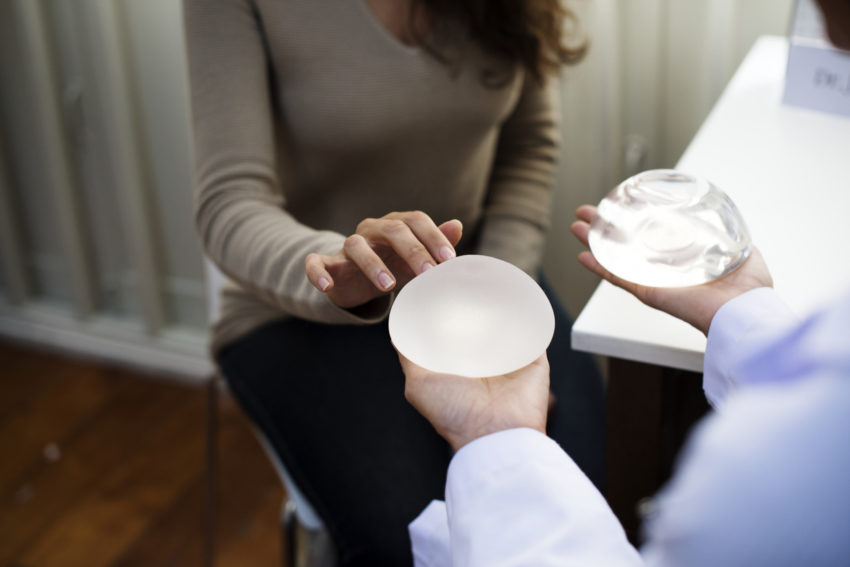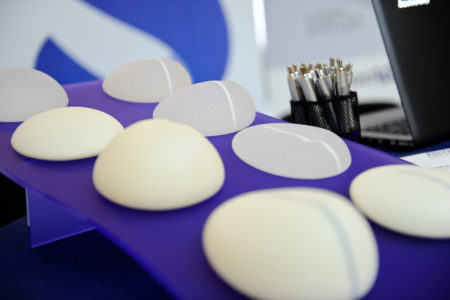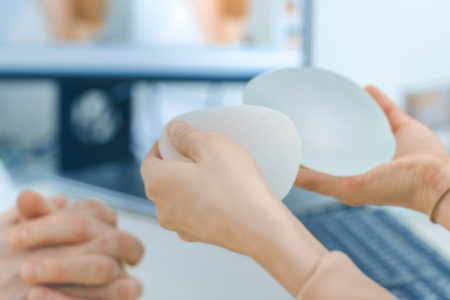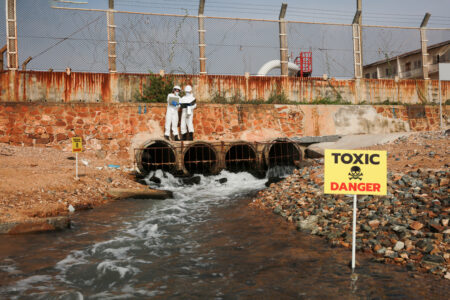
Share On Social!
Last month, the FDA and health experts met to review renewed safety concerns about long-term side effects─even cancer─caused by breast augmentation.
Women across the U.S. have spoken up about health complications that they believe were caused by their breast implants. Health professionals, too, are concerned about the growing number of people affected. Latinas get implants more than any other minority group.
Diana Zuckerman, president of the National Center for Health Research in Washington, D.C., analyzed past breast augmentation studies and spoke at the FDA’s conference on her findings.
“Implants are not so innocent as presented,” Dr. Howard Amital, an Israeli rheumatologist who has studied this issue, told the New York Times. “There is a reason for concern. There is something we cannot ignore.”
Reported Side Effects
At the end of 2018, France banned breast implants produced by the European pharmaceutical company Allergan.
The ban came after the plastic in implants were reported to be developing non-Hodgkin’s lymphoma, rare immune system malignancies, and other serious health concerns.
Raylene Hollrah received augmentation surgery after a hard-fought, successful battle with breast cancer.
Six years later she was diagnosed with cancer again, but this time caused by her implants.
“My whole world came crumbling down again,” Hollrah told the Times. “I had spent the past six years going to the oncologist every three months trying to keep cancer away, and here was something I had put in my body to try to help me feel more like a woman, and it gave me cancer. I thought, ‘I’m not going to see my kids grow up.’”
While breast implants specifically are at the forefront of conversation, other cosmetic medical devices, such as buttock implants, have also been linked to severe health complications.
Augmentation in Latinos
Latinos get breast augmentation surgery more than any other minority group.
In 2017, Latinos made up 11% of those who underwent a cosmetic procedure, according to the American Society of Plastic Surgeons.
Nearly 2 million surgeries.
The plastic surgery tendency amongst Latinos is using cosmetic procedures to enhance features in a way that meet the beauty trends of that demographic, according to doctors in that field.
“My patients are proud of looking Hispanic,” said Dr. Jeffrey S. Yager, a plastic surgeon in a largely Dominican neighborhood in New York City. “I don’t get the patients who want to obscure their ethnicity.”
Other countries, such as Canada, are also banning the sales of breast implants linked to cancer. Other studies, too, have shown correlations between breast augmentation and illness. 
While some medical professionals have pushed back on these findings, most say, at the least, there is cause for apprehension.
“When plastic surgeons tell women that ‘this is the most studied medical device in the world,’ women assume that means they are proven safe,” Dr. Zuckerman told the Times. “We still don’t know what percentage of women become seriously ill from their breast implants. We still don’t know why some women get sick right away, some get sick years later, and some never get sick.”
Check out more about products and chemicals linked to cancer and disease.
Editor’s Note: This article is part of a collaboration between Salud America! and the Hoffman Toxicant-Induced Loss of Tolerance (TILT) program at UT Health- San Antonio. To find out if you are TILTed due to exposure to everyday foods, chemicals, or drugs, take a self-assessment or learn more about TILT.
Explore More:
Chemical & Toxic ExposureBy The Numbers
1
Quick Survey
Can help you find out how chemically sensitive you are



